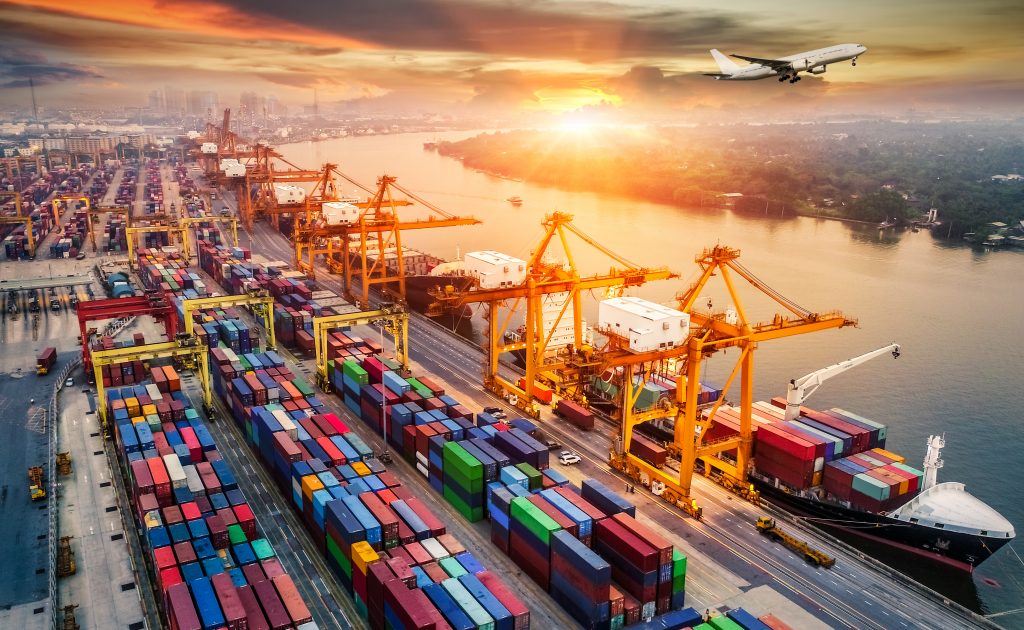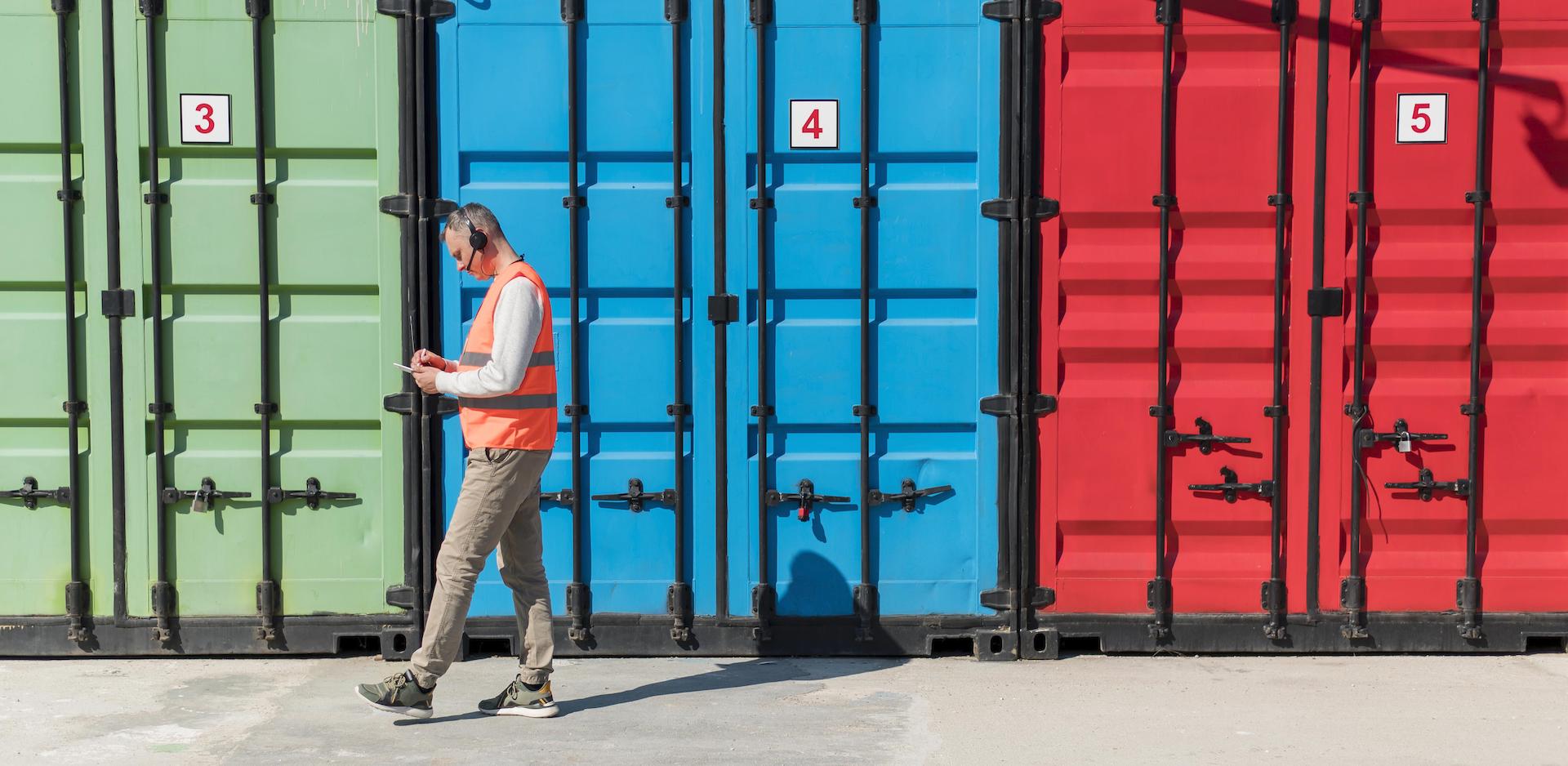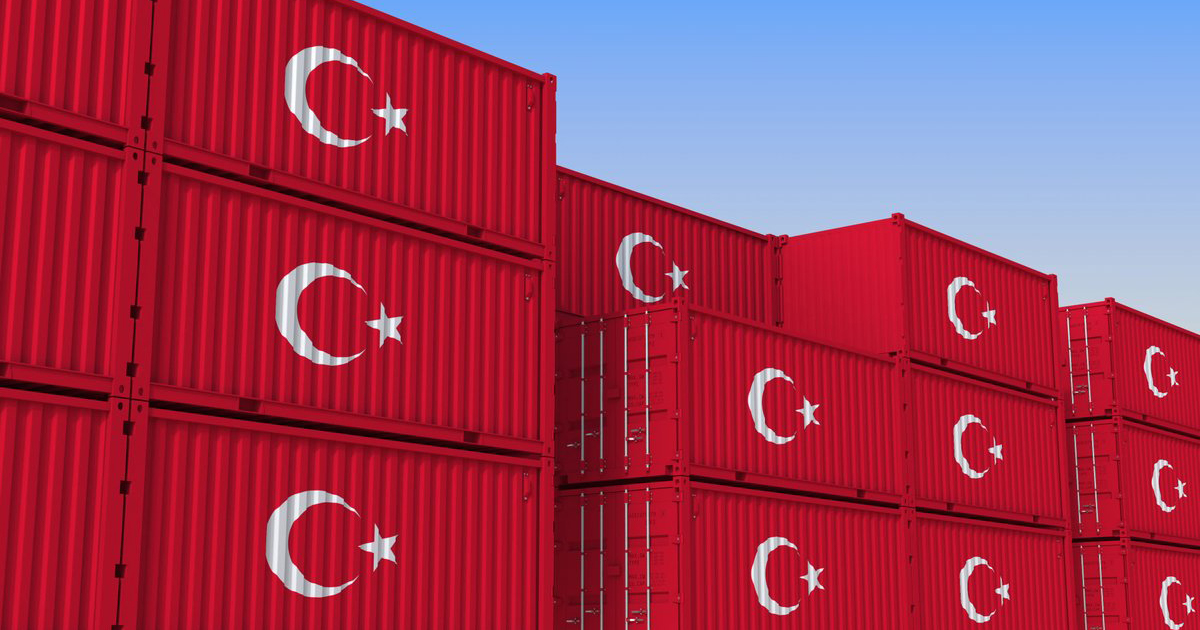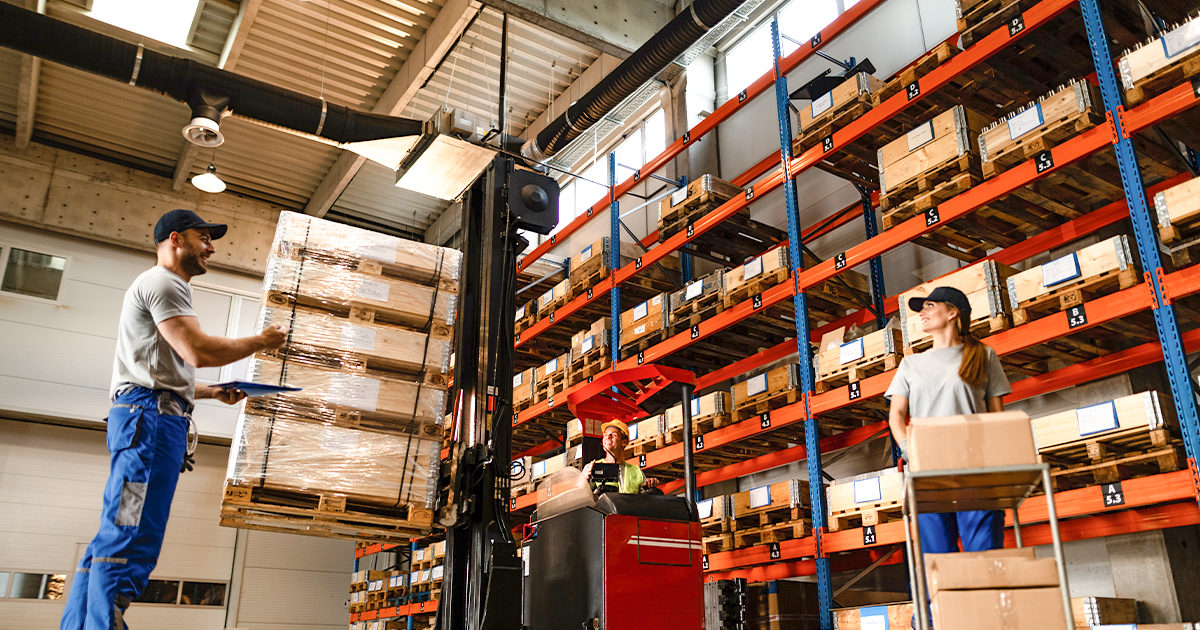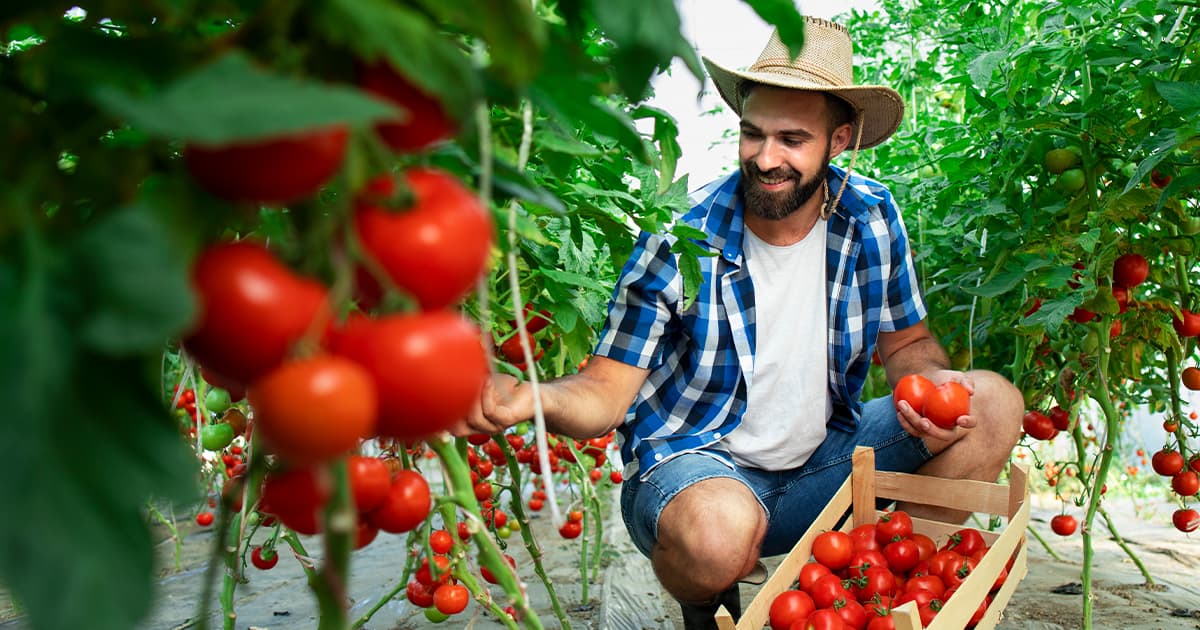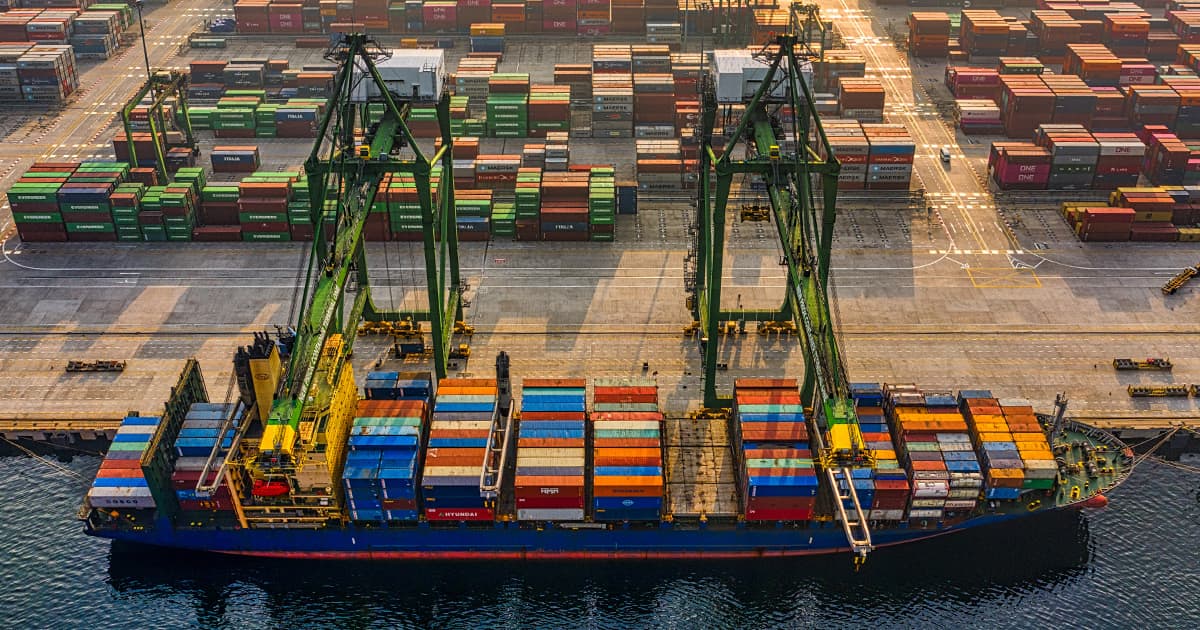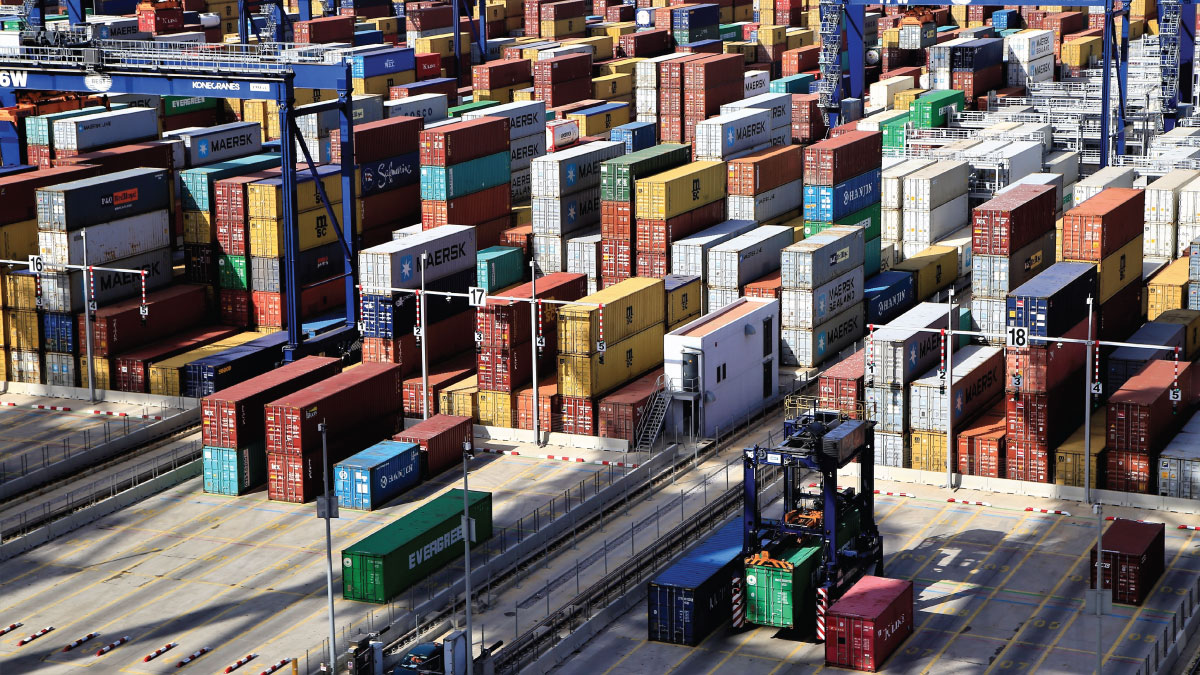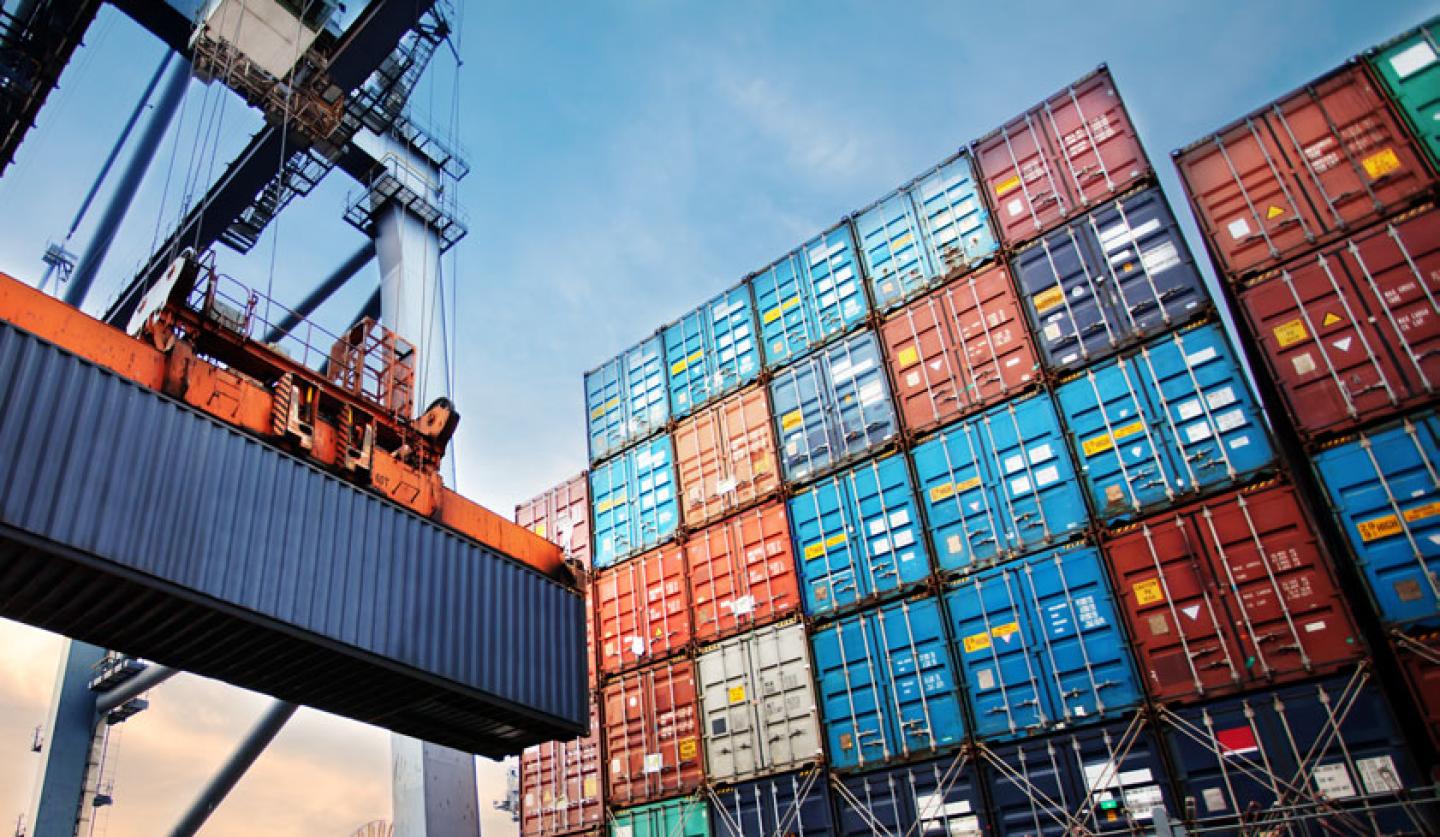To have a piece of knowledge over the documents that are needed to be submitted to the customs administration during the import of goods, the customs tariff statistics position of the issued goods must be learned as in the phase of learning the due taxes. Consequently, before embarking on the import process, it is necessary to make an investigation the required standards and different restrictions put on the entry of imported goods to the Customs Territory of Turkey, such as prohibition, permits, quotas, specialised customs applications, and over whether the goods-related documents such as inspection certificate, control certificate, health certificate, analysis report, and CE certificate shall be demanded by the customs administration, and, if any, to make a preliminary preparation in this regard. This kind of information can be accessed from the web page of the Ministry of Economy and/or of the respective Institutions.
Read on to learn more about the processes and discover eight mistakes to avoid when importing from Turkey:
1. Not having the correct certifications
Some well-known imports from Turkey demand a licence or official certification – failure to obtain these will likely result in your goods being held at customs. Fruit, for example, is among Turkey’s top exports and is one of the agricultural products that usually demand a licence. Textiles and live animals are other well-known exports from Turkey, which would typically require a licence.
2. Not having the correct commodity code
A commodity code is essential for classifying goods being imported into the UK from outside of the EU – which means you will need one if you are importing from Turkey. This 10-digit code is demanded when filling in customs declarations and other paperwork. It will also give you information on what duty or VAT is payable and if any duty reliefs are suitable.
3. Not applying for an EORI number
Anyone trading (importing or exporting) between the UK, European countries, and Turkey needs an EORI number, which brings HMRC issues. This number is used to identify you by customs – it differs from a commodity code as a commodity code is used to determine the type of imported goods. An EORI number is easy to receive and can be applied online at gov.uk. You should receive your number by email within three working days.
4. Not making the correct import declarations
You will also be required to make an import declaration to HMRC when importing goods from Turkey. This is more complicated than simply including the commodity code – although that is part of the requirement. A declaration also needs to have the import value of the goods and a customs procedure code explaining what is being done with the goods on import (for example, free circulation).
The easiest option is to get your freight forwarder to make your import declaration. A forwarder with AEO status (Authorised Economic Operator) will also benefit from simplified customs processes that should speed up the import of your goods.
5. Not factoring in VAT and Duty costs
VAT, customs duty and/or excise duty may be payable on goods sent from outside the EU, so it is essential to factor these into your total costs. On the other hand, it may be that your profit margin is not quite as good as you’d hoped, and another import option may work out cheaper overall.
Despite being outside of the EU, Turkey has since 1995 enjoyed European Community Preferences for industrial products moving between the EU and Turkey.
For example, by issuing an ATR1 document, goods can often enter the UK duty-free, which is a great benefit when looking to trade with Turkey.
6. Not choosing the safest transportation method
Most goods are imported to the UK from Turkey by road. However, there have been issues with security and delays provoked by congestion recently, which have been related to the humanitarian crisis throughout Europe. Trailers, in particular, have been targeted by migrants seeking entry to the destination country, and cargo owners have experienced delays, loss and damage to goods.
7. Not determining whether the good be imported freely
The prohibited goods or those subjected to permission cannot be imported to Turkey. Except for these goods, all goods can be imported to Turkey with foreign trade. The Ministry of Economy of Turkey mainly determines the decision on the prohibited goods. The prohibited goods are specific wastes, chemicals and scraps concerning the issues related to the protection of the environment. Moreover, certain institutions, which are taking action concerning Turkey’s import dynamics can only import certain goods. These certain goods are under the jurisdiction of the Ministry of Economy.
8. The proceeding in case of not getting the required permission for importation
Under the 181st article of Customs Regulation, during the inspection process or post-clearance controls, the declarant is directed to authorised institutions to ensure that the goods undergo fundamental and necessary controls if they were declared as though they were not subject to the management of related institutions.
In case of adverse control results or uncontrolled goods as if they were controlled (in the outcome of directing and reporting to the relevant institution), the penalty would be executed under the 235th article of Customs Law. That is to say, goods are passed into the public’s property, and two times the bonded value of the goods will be due.
